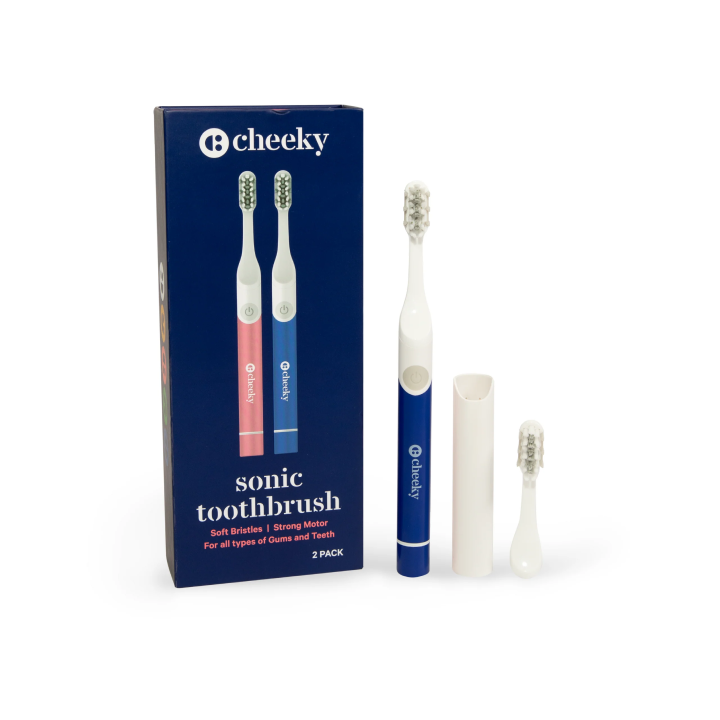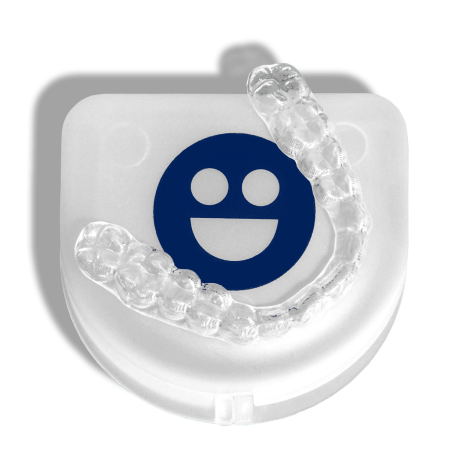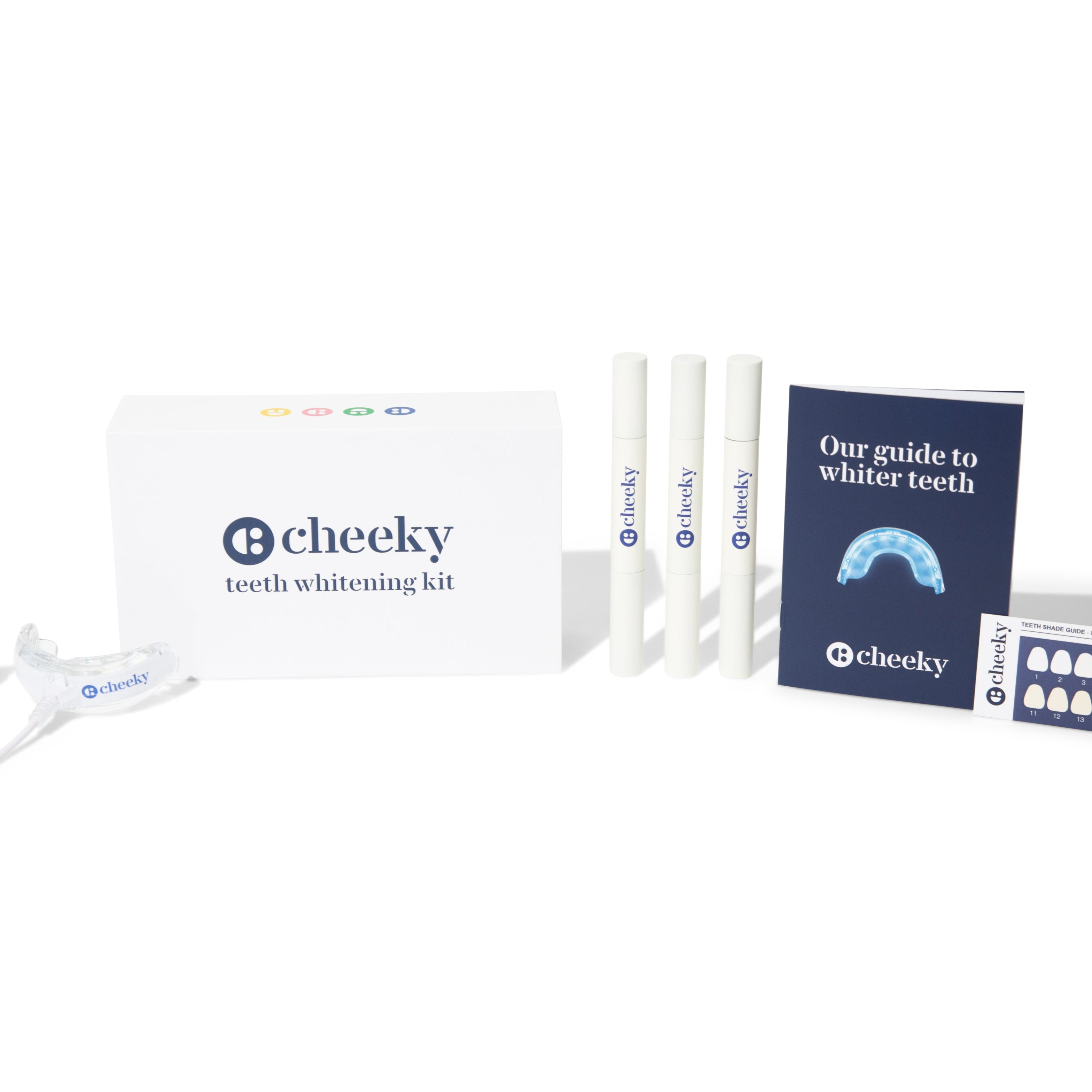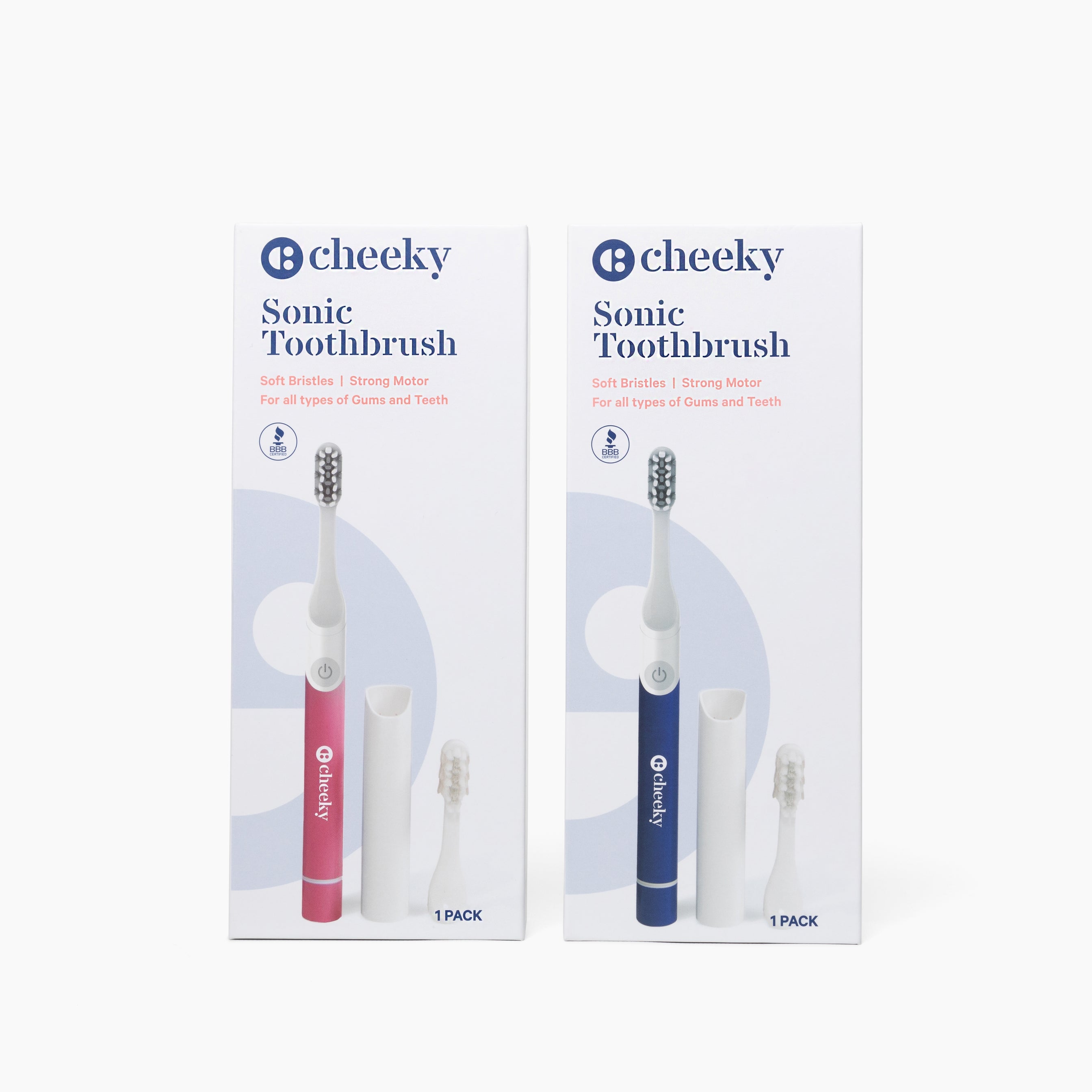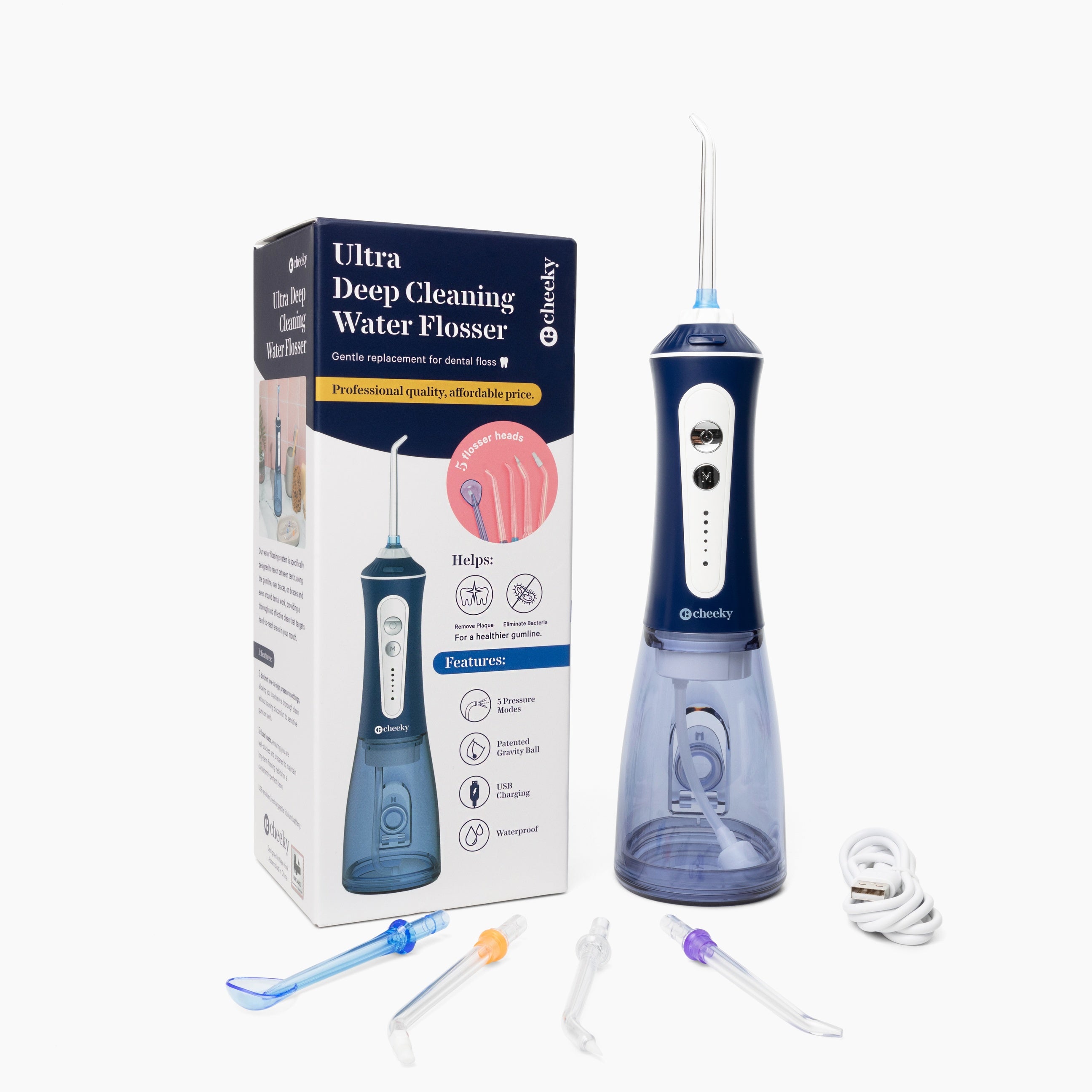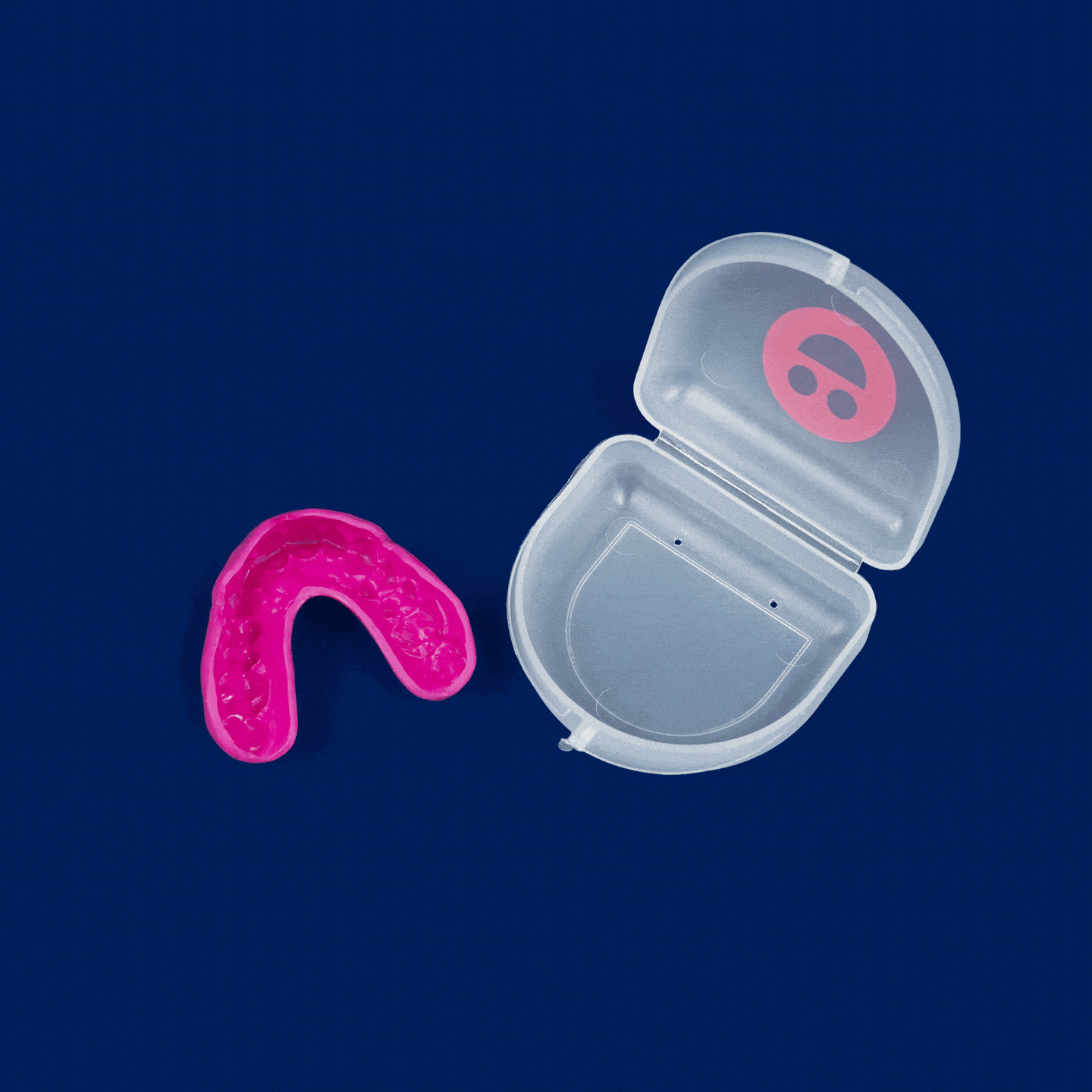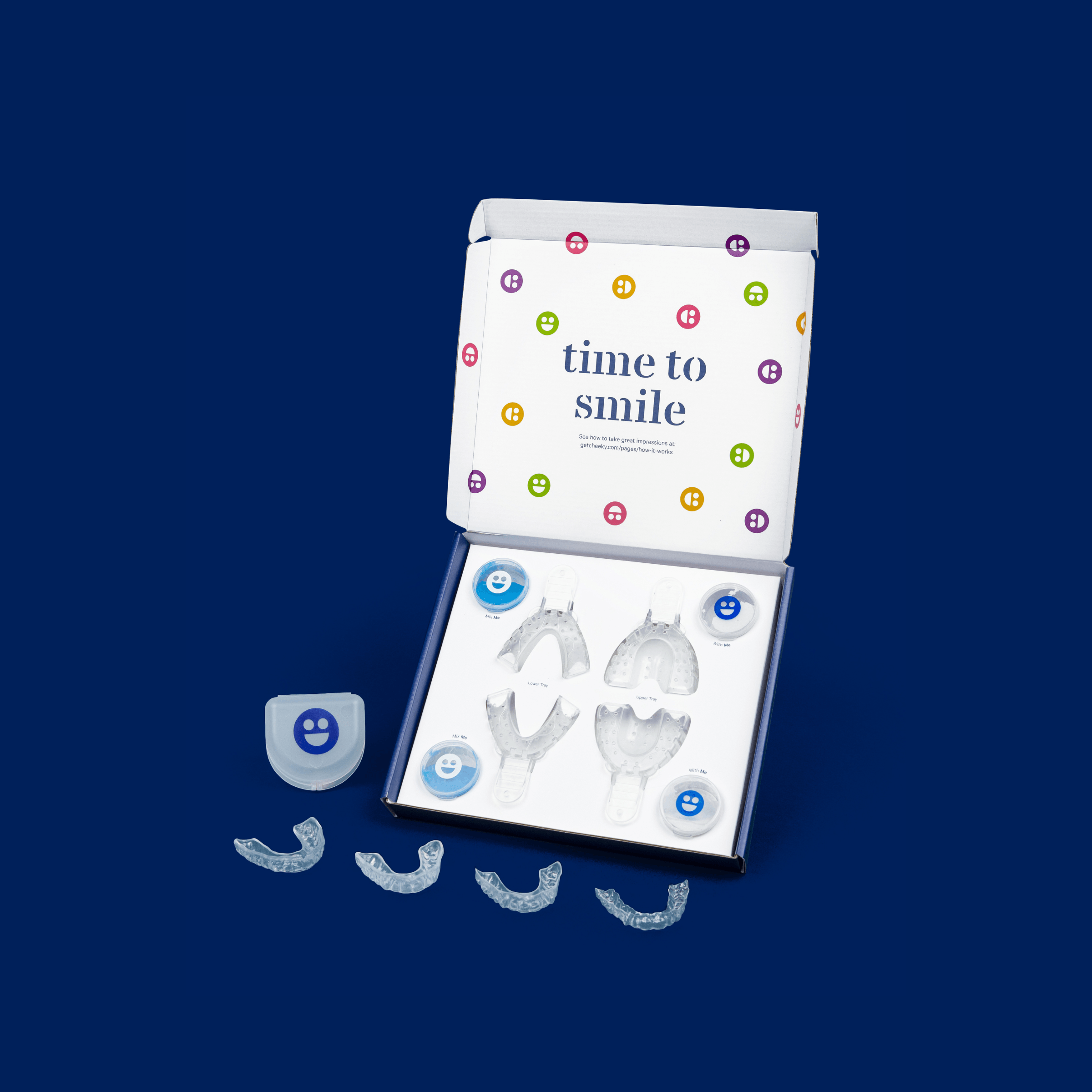What Are the Night Guard Dental Insurance Codes
When you're shopping for a new custom night guard, it's natural to turn to your dental insurance provider for help to cover the cost.
In 2019, the ADA altered its Current Dental Terminology (CDT) Code to offer three codes for various dental mouth guards associated with Bruxism and TMJ. The ADA states that the "purpose of the CDT Code is to achieve uniformity, consistency, and specificity in accurately documenting dental treatment."
Ensuring that you use the correct dental code when submitting your claim for your nightguard can help you get the coverage and reimbursement you need.
The New ADA CDT Codes for Night Guards
- D9944 occlusal guard - hard appliance, full arch
- D9945 occlusal guard - soft appliance, full arch
- D9946 occlusal guard - hard appliance, partial arch
Okay, but what does any of that actually mean?
Occlusion is the fancy word for how your teeth come together, so an occlusal guard prevents your top and bottom row of teeth from touching. The appliance referenced is the guard itself. The arch doesn't mean the arch of your mouth but whether your guard reaches to your back molars.
A hard night guard covering all of your teeth on the top or bottom row would be classified as a hard appliance, full arch. In this case, you would use code D9944 on your insurance claim.
If you order a guard that is soft and covers an entire row of teeth, you have a soft appliance, full arch. This one is pretty easy to identify because it immediately falls into this category if you have any sort of soft guard, so you'd use code D9945.
A hard guard that doesn't cover all of your teeth will be considered a hard appliance, partial arch. In this case, you'd use code D9946. Most custom nightguards won't be partial arches, so think more of your over the counter or boil and bite varieties for this category.
Things get a bit trickier when you get a hybrid guard that's hard on the outside but soft on the inside. No matter what, your hybrid guard will be classified as a hard appliance, so what it comes down to is whether or not it covers all of your teeth. If it does, you'll use code D9944, and if it doesn't, you'll use code D9946.
Do I Even Need a Night Guard?
We totally understand that dental night guards are an investment. And filing a claim that may not even be accepted by your insurance can seem like a lot of work.
If your dentist has told you that you grind your teeth in your sleep, then you will probably want to invest in a mouth guard to wear while you sleep. Your nightguard can protect you from bruxing, which will help you sleep better, decrease the tension in your temporomandibular joint (TMJ), and prevent the wearing down of your tooth enamel. If you lose too much of the enamel on your teeth, you can crack a tooth, be susceptible to cavities, or experience severe tooth pain from exposed dentin.
Maybe your dentist hasn't said anything, but your partner has told you that you grind your teeth in your sleep. Or perhaps your jaw is always tight when you wake up. You could even be reading this article right now and realized that you're clenching your teeth together (and you shouldn't be). Getting a nightguard can help you start to feel better.
The cheapest option for a nightguard is a generic version you can buy at your local pharmacy. These guards can either look like the things athletes use or a boil-and-bite model that comes in a box. The most significant issue with these guards is that they're, well, generic. They aren't very comfy, they usually only cover half of your teeth, and they're not the best quality.
Another popular option is to order a custom night guard from your dentist. However, insurance rarely covers these guards, even if you do know the correct code. You can always contact your dental insurance provider beforehand to see if they will accept a claim. But it's essential to understand that the reason mouthguards cost so much when you buy them from your dentist is because they ship them out to a third-party facility to craft the guard.
The most recent development in mouthguard technology allows you to cut out the middle man (sorry to your dentist, we're sure that he or she is incredible). Online retailers use the same FDA-approved process that the dentist's third-party providers use. They come at a fraction of the cost because the guards go direct to consumers.
While ordering a custom guard online is still an investment, you still have the opportunity to submit a claim to your insurance provider. Most online companies make it possible for you to customize your night guard so you'll know precisely which code to use when you submit your claim.
Say bye-bye to Bruxism and get Cheeky today.


